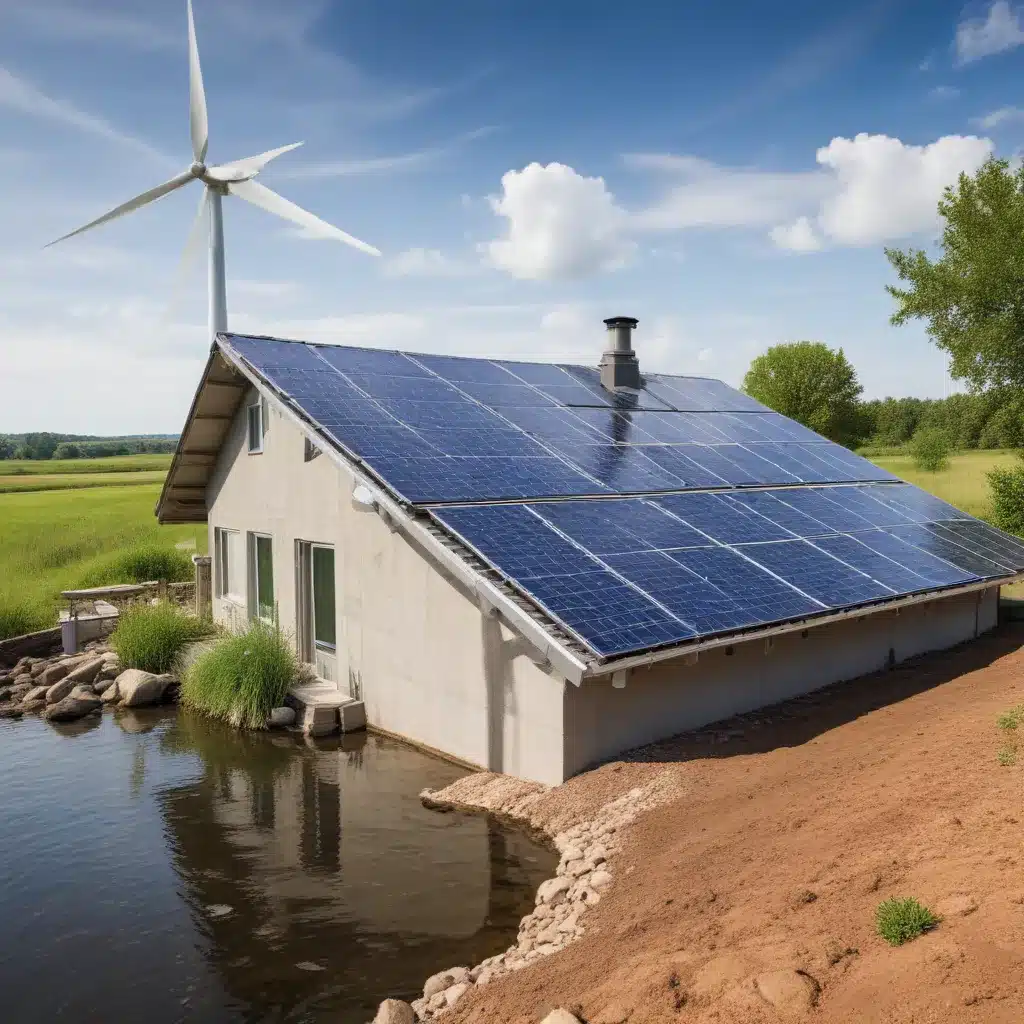
The Importance of Sustainable Homebuilding
As a homeowner or prospective homebuyer, you have a unique opportunity to create a residence that not only reflects your personal style but also minimizes its environmental impact. By incorporating eco-friendly elements into your home’s design and systems, you can build a dwelling that is both beautiful and responsible, contributing to a greener future.
Sustainable homebuilding goes beyond simply being environmentally friendly. It’s a holistic approach that considers energy efficiency, resource conservation, and indoor air quality. By investing in sustainable practices, you can enjoy a healthier living environment, reduce your carbon footprint, and potentially save money on utility bills in the long run.
The Benefits of Building a Sustainable Custom Home
Building a sustainable custom home is more than just a trend; it’s a conscious decision to minimize your environmental impact and enhance your quality of life. Some key benefits include:
-
Energy Efficiency: Sustainable homes incorporate design elements and technologies that optimize energy usage, such as high-performance insulation, energy-efficient windows, and smart home automation systems. This can lead to significant cost savings on utility bills over time.
-
Water Conservation: Sustainable homes often feature water-efficient fixtures, rainwater harvesting systems, and landscaping that minimizes water needs. This helps preserve our precious water resources.
-
Improved Indoor Air Quality: Sustainable homes utilize materials and ventilation systems that promote better indoor air quality, reducing the presence of harmful pollutants and allergens.
-
Increased Property Value: Homes with sustainable features are often more valuable on the real estate market, as they are seen as investments in the future.
-
Environmental Impact Reduction: By minimizing the use of non-renewable resources and incorporating renewable energy sources, sustainable homes leave a smaller carbon footprint and contribute to a healthier planet.
Sustainable Design and Construction
The foundation of a sustainable home lies in its design and construction. Here are some key elements to consider:
Site Selection and Orientation
Carefully choosing the location of your home and orienting it to maximize natural light and airflow can significantly enhance its energy efficiency. This can include positioning the home to take advantage of passive solar heating and cooling, as well as strategically placing windows and landscaping to provide shading and insulation.
Energy-Efficient Building Envelope
The building envelope, which includes the walls, roof, and windows, plays a crucial role in a home’s energy performance. Sustainable homes utilize high-performance insulation, airtight construction, and energy-efficient windows to minimize heat transfer and reduce the need for heating and cooling.
Renewable Energy Systems
Integrating renewable energy sources, such as solar photovoltaic (PV) panels or geothermal heat pumps, can help reduce or even eliminate your home’s reliance on fossil fuels for electricity and heating/cooling. These systems not only lower your environmental impact but also provide long-term cost savings.
Water Conservation Strategies
Sustainable homes often incorporate water-efficient fixtures, greywater systems, and rainwater harvesting to reduce overall water consumption and minimize the burden on local water resources. These strategies can include low-flow toilets, showerheads, and faucets, as well as the use of drought-tolerant landscaping.
Sustainable Materials and Finishes
The materials and finishes used in a sustainable home are carefully selected to minimize their environmental impact. This can include the use of locally sourced, recycled, or renewable materials, as well as low-VOC paints, sealants, and adhesives.
Eco-Friendly Features: Beyond the Basics
While the core elements of sustainable design are essential, there are additional eco-friendly features you can incorporate to elevate your home’s sustainability:
Green Roofs and Walls
Incorporating living, vegetated roofs and walls can provide insulation, reduce stormwater runoff, and improve air quality, while also creating aesthetic and functional benefits.
Energy Storage Systems
Pairing renewable energy sources with energy storage, such as batteries or thermal energy storage, can help optimize your home’s energy use and provide backup power in the event of grid disruptions.
Smart Home Technology
Integrating smart home automation systems can help optimize energy usage, monitor water consumption, and provide insights to help you make more informed decisions about your home’s efficiency.
Sustainable Landscaping
Thoughtful landscaping with native, drought-tolerant plants can reduce the need for irrigation and maintenance, while also providing habitat for local wildlife and contributing to a healthier ecosystem.
Incentives and Financial Benefits
Building a sustainable home often comes with additional upfront costs, but it’s important to consider the long-term benefits. Many states and local governments offer incentives to encourage sustainable building practices, including tax credits, rebates, and grants. Additionally, energy-efficient homes often have higher property values and can qualify for lower homeowners’ insurance premiums.
Over time, the reduced energy and water bills associated with a sustainable home can offset the initial investment, making it a wise financial decision. By partnering with the right professionals and taking advantage of available incentives, you can create a home that is both environmentally responsible and financially prudent.
Maximizing Your Home’s Sustainability
At DD Plumbing and Heating, we are passionate about helping homeowners like you create sustainable living spaces that minimize environmental impact and enhance your quality of life. Our team of experienced professionals can guide you through the process of incorporating renewable energy systems, water conservation strategies, and other eco-friendly features into your custom home.
Whether you’re building a new home or looking to retrofit an existing one, we can provide expert advice, design assistance, and installation services to ensure your home achieves the highest levels of sustainability. By working with us, you can trust that your investment in a greener home will pay dividends for years to come.
Contact DD Plumbing and Heating today to learn more about our sustainable building services and start your journey towards a more environmentally responsible and energy-efficient home.


